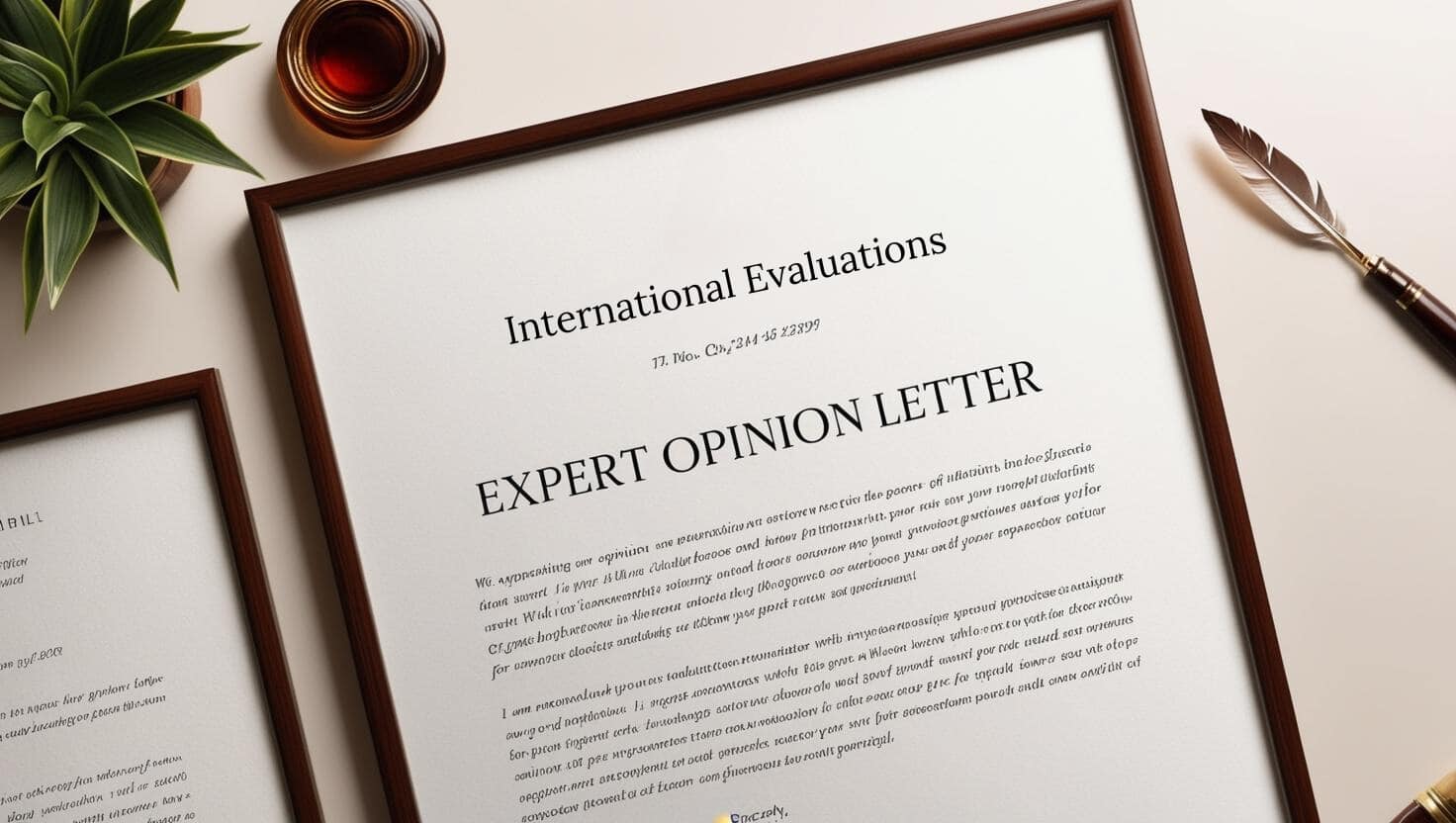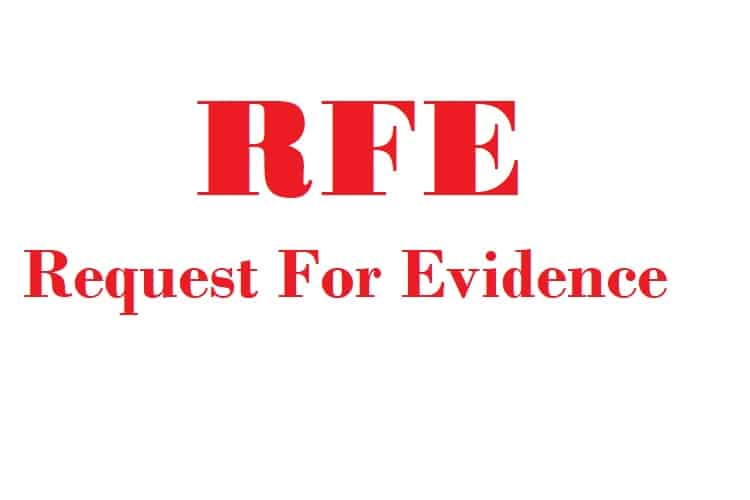expert opinion letter for h1b rfe
Introduction
In a significantly globalized world, the need for accurate academic credential evaluations has never been more vital. As individuals seek to advance their education or gain employment across borders, organizations and companies require a reputable understanding of the credentials existing. This requirement has resulted in the increase of international credential evaluation services, a sector dedicated to evaluating academic achievements from different countries.
Among various evaluation techniques, the course-by-course credential evaluation stands apart as one of the most thorough and precise approaches. This comprehensive analysis not just equates academic credentials however likewise assesses course material, grades, and total academic performance. In this post, we will explore the complexities of course-by-course examinations, exploring their significance, method, advantages, and much more.
Understanding Course-by-Course Evaluations
What is a Course-by-Course Evaluation?
A course-by-course assessment provides detailed insight into a person's academic history. Unlike a basic assessment that sums up degrees and institutions attended, a course-by-course evaluation breaks down:
- Each course taken Grades received Credit hours earned Comparisons with similar courses in the U.S. educational system
This precise technique enables a nuanced understanding of a candidate's scholastic capabilities.
Why Are Course-by-Course Evaluations Important?
The significance of course-by-course evaluations can not be overemphasized. Here are some reasons why they are critical:
Precision: They use comprehensive evaluations that can affect admissions decisions or task placements. Transparency: Supplies clear insights into foreign education systems. Employability: Lots of companies prefer prospects with well-documented scholastic histories.Who Needs Course-by-Course Evaluations?
Individuals looking for college or job opportunity abroad often require these assessments. Usually, they consist of:

- International trainees applying to U.S. colleges or universities Professionals looking for licensure in regulated fields Immigrants pursuing task opportunities in numerous sectors
The Process of Course-by-Course Evaluations
Steps Associated with a Course-by-Course Evaluation
The journey through a course-by-course assessment involves several key steps:
Document Submission: Candidates submit all relevant records and documents. Verification: The assessing firm confirms the authenticity of these documents with issuing institutions. Analysis: Each course is evaluated for equivalency in regards to U.S. standards. Report Generation: A comprehensive report is produced describing findings.Required Paperwork for Evaluation
To go through a course-by-course evaluation successfully, applicants must supply specific documents:
- Official transcripts from all post-secondary institutions attended Translations (if necessary) by certified translators Any additional supporting files requested by the assessing agency
International Credential Assessment Services
The Function of Credential Assessment Services
International credential evaluation services function as intermediaries in between foreign educational systems and U.S.-based organizations or employers. These companies evaluate foreign degrees and determine their equivalence in terms of U.S. education.
Choosing the Right Assessment Service
Selecting a suitable credential examination service can substantially impact your application process. Consider aspects such as:
- Accreditation status Experience with particular nations' academic systems Types of examinations provided (basic vs course-by-course)
Benefits of Course-by-Course Credential Evaluations
Enhanced Academic Transparency
One major benefit is enhanced openness relating to a candidate's academic background; organizations can examine candidates more effectively.
Improved Employment Opportunities
For task applicants, having a detailed report increases credibility and improves chances during employing processes.
Streamlined Admissions Processes
Colleges and universities can make quicker decisions based upon detailed reports that supply clearness on an applicant's qualifications.
Work Experience Evaluation
Understanding Work Experience Evaluation
In addition to academic credentials, numerous applicants possess significant work experience that might also need recognition through an expert opinion letter or comparable evaluation method.
Why is Work Experience Important?
Employers often think about work experience along with formal education when figuring out viability for positions. Having this assessed can display abilities and proficiencies gained through practical application rather than simply theoretical knowledge.
Expert Viewpoint Letters
What is a Professional Opinion Letter?
A professional viewpoint letter functions as paperwork from professionals vouching for an individual's certifications based upon their assessment of the candidate's work experience relative to industry standards.
Importance of Specialist Viewpoint Letters
These letters confirm non-traditional knowing experiences and bridge gaps in between formal education and real-world applications-- basically enhancing one's profile in competitive task markets.
Business Strategy Evaluation
Understanding Company Strategy Evaluation
For business owners seeking financing or support from banks or financiers, a robust organization plan assessment is important-- not only does it lay out organization goals but likewise evaluates feasibility through market analysis.
Importance in Entrepreneurship
Evaluating business strategies assists recognize potential weaknesses before presenting them to stakeholders; thus increasing chances for success through notified changes based upon expert feedback.
Course Equivalency Comparisons
How are Course Equivalencies Determined?
Each country has its special grading systems and curricular structures; for that reason developing equivalencies requires cautious analysis by qualified evaluators who consider various elements such as:
- Credit hours Course content Learning results
Comparative Tables
|Foreign System|U.S Equivalent|Description|| ----------------|-----------------|-------------|| 3-Year Degree|Associate Degree|Comparable knowing results|| 4-Year Degree|Bachelor's https://dallasvbgw428.theglensecret.com/crafting-success-the-art-of-business-plan-evaluation Degree|Comprehensive curriculum protection|
Challenges Dealt with in Course Evaluations
Common Issues Encountered During Evaluations
Evaluators may deal with difficulties consisting of inconsistencies in grading systems, insufficient documentation submitted by applicants, or distinctions in curriculum focus throughout countries.
Resolving Challenges
Effective interaction in between critics and candidates can help resolve uncertainties quickly-- immediately resolving any issues ensures smoother processing times while keeping accuracy throughout evaluations.


Legal Considerations in Credential Evaluations
Navigating Legalities
Credential evaluators need to adhere strictly to legal guidelines worrying personal privacy laws when handling personal information connected with candidates' qualifications-- making sure compliance secures both parties included throughout this delicate process.
Risks Without Compliance
Failing to follow legal procedures might result not only in reputational damage however possible legal action need to any breaches take place-- hence why selecting recognized firms acquainted with local laws is vital!
FAQs About Course-by-Course Evaluations
1. What files do I require for a course-by-course evaluation? You will usually need official transcripts from all post-secondary organizations participated in in addition to any needed translations if documents are not initially in English.
2. For how long does it require to finish a course-by-course evaluation? Processing times vary by firm but generally range from two weeks approximately numerous months depending upon volume and complexity included with your case submission!
3. Can I appeal if I'm discontented with my examination results? Most trustworthy agencies use appeals processes; examine your selected firm's policy carefully upon getting outcomes so you comprehend steps readily available need to you feel changes necessary!
4. Are online courses evaluated differently than traditional courses? Usually speaking they're evaluated likewise; however it is necessary that completion certificates indicate rigor similar against normal classroom-based shipment designs when assessed!
5. Exists an expiration date on my credential evaluations? While examinations themselves don't expire per se-- organizations might have specific timespan within which they prefer viewing present versions so always guarantee up-to-date information provided before submitting applications!
6. Can I get my work experience assessed instead? Absolutely! Work experience evaluations serve confirming non-academic learning pathways showcasing hands-on abilities got outside traditional schooling settings!
Conclusion
In summation, carrying out Course-by-Course Assessments: A Detailed Analysis for Precise Assessment equips people navigating international education landscapes with important tools needed toward accomplishing their aspirations-- whether those involve studying abroad protecting feasible job opportunity in your area or worldwide! By comprehending how these examinations operate one can much better prepare themselves while increasing general success rates through notified decision-making backed by detailed insights provided through well-respected organizations offering credible assessment services tailored particularly toward specific requirements within this complex field!